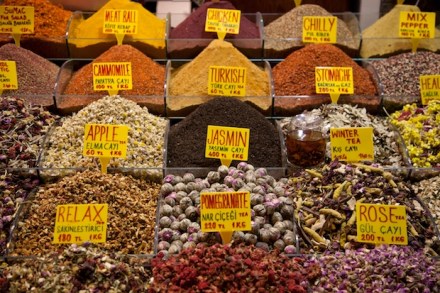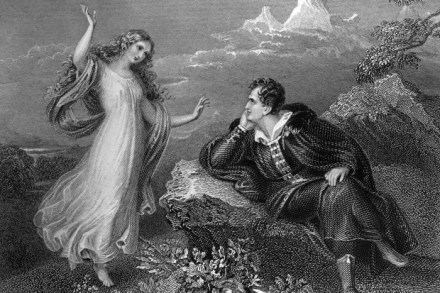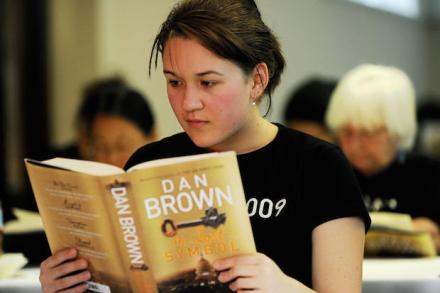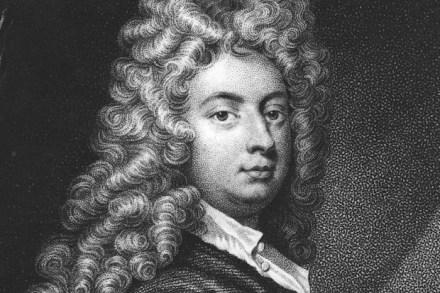‘Great’ books best left unread: Anna Karenina, Moby Dick, Catch-22…
Martin Amis compared Cervantes’ Don Quixote to ‘an indefinite visit from your most impossible senior relative, with all his pranks, dirty habits, unstoppable reminiscences, and terrible cronies’, while Kathryn Schulz, book critic for New York magazine, poured scorn on The Great Gatsby, describing it as ‘aesthetically overrated, psychologically vacant, and morally complacent’. Cult contemporary bestsellers











